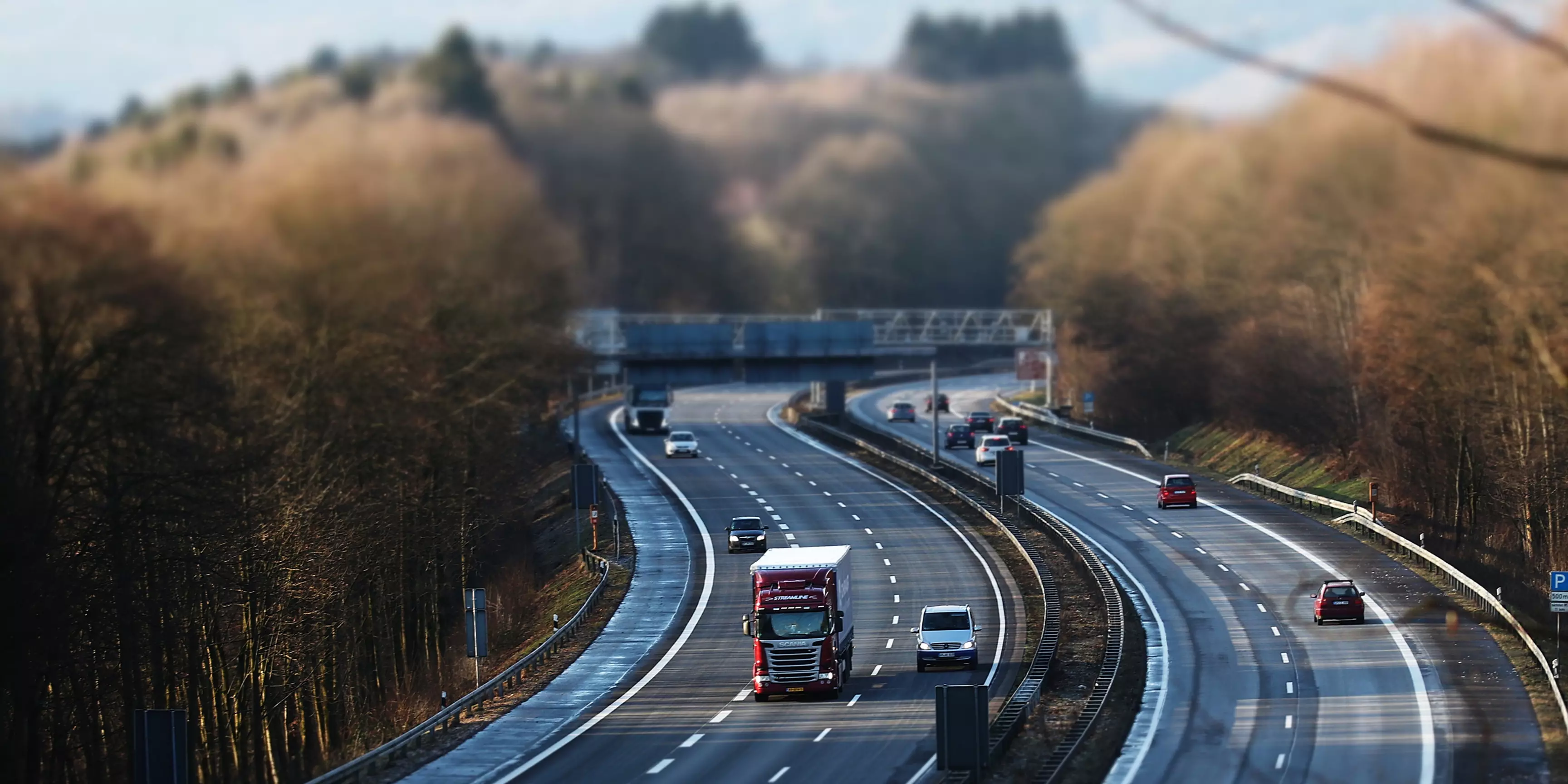
If you're interested in purchasing a truck, you may be thinking about truck leasing options. There are many ways to pay for your new wheels, but the best course of action is to explore all the options and see what works best for you. Below, we'll go over six different types of vehicle financing.

Hire purchase is where a piece of equipment, in this case, a truck, is hired out in exchange for regular payments over time. The advantage of this system is that you won't have to pay for the entire cost of the vehicle upfront. The ownership will automatically transfer to you once all of the payments have been made. This option isn't ideal if you want to own your truck outright, but you get to use the vehicle while you make payments.
.webp)
The second option is lease finance for trucks. Lease pick up truck finance allows you to pay only for the period that you use the truck. After which, you'll have the option to buy it or trade it in for another vehicle.
Lease financing can be cheaper than buying in some cases. It also allows you to have access to newer models more frequently. It has some drawbacks, though. For example, there may be restrictions on what modifications are permitted for leased vehicles. There is often a limit on mileage usage per year.
If you're struggling to decide whether to buy or lease a truck, we go into further detail here. This particular blog references vans rather than trucks, but the same can be applied to most types of business vehicles.
.webp)
"Only pay for the period that you use the truck."
The terms "lease finance" and "lease purchase" are often used interchangeably in the trucking industry, but there's a subtle difference.
In a lease-purchase agreement, you would pay a non-refundable deposit at the beginning of the lease period. Then, you make regular payments over the length of the contract. These payments will include interest.
Unlike lease finance, though, lease purchase requires that you eventually purchase the vehicle at the end of your lease agreement. If you miss any payments or decide to stop making payments before paying off the car in full, you will lose what you paid up to that point, and you will not own the truck.

"Pay a deposit, make regular payments, own the truck."
Sale and hire purchase back is an all-in-one solution. Instead of purchasing a new vehicle, you can sell one of your existing trucks to a lender and then hire it back from that same lender. If you want the truck back at some point, you can repurchase it from the financier after a predetermined period.
.webp)
"Sell your truck to a lender and hire it back from them."
With PCP, you pay a deposit and then repay a fixed amount each month until the end of your agreement. At that point, you will have three options:
• Return the truck
• Pay an already-determined sum called the "balloon payment" to own it
• Trade it in for another vehicle
Most car dealerships will allow you to trade in your car at this point, even if its value has depreciated below what you owe on loan.
.webp)
"PCP gives you lots of truck financing options."
An operating lease is a short-term rental agreement where you will rent your vehicle from a leasing company. Even though you will use and drive the car around, the leasing company will still own it even after the end of your agreement or contract. You'll be required to pay monthly fees to use the vehicle while they own it.
This option is great if you don't intend to purchase the vehicle at the end of your lease term under this agreement. However, you (the lessee) will be responsible for most repairs, maintenance, and insurance on the leased truck.

"Rent the truck, no requirement to buy."
If you're looking for reliable truck finance, contact us today. We'll help you determine your options and how much you can save on the vehicle of your dreams.


